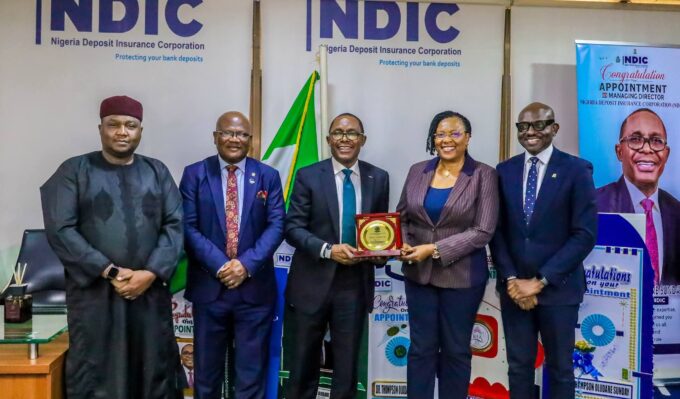By Merit Ibe
After the United States President, Donald Trump, introduced reciprocal trade tariffs on April 2 to redesign global commerce, African nations knew it was time for introspection and regional cooperation.
To this end, African trade ministers have amplified calls to strengthen the continent’s common market and promote local industrialisation using the African Continental Free Trade Area (AfCFTA) as the multi-purpose vehicle.
The latest push came at the ongoing ministerial meeting in Cairo, Egypt, attended by ministers from across Africa, the Secretary-General of AfCFTA, Wamkele Mene and other high-level officials.
In his contribution to the discourse, Mene emphasised the urgency of finalising AfCFTA’s rules of origin, describing them as essential to unlocking the agreement’s full potential.
“The faster we move, the closer Africa gets to a truly integrated and resilient single market,” he said.
He provided updates on AfCFTA’s implementation, reaffirming commitment to rules of origin, strengthening transport and logistics, and leveraging digital technologies to drive integration. He noted progress on new AfCFTA protocols, including digital trade, and highlighted operational tools such as the e-certificate of origin, the Pan-African Payment and Settlement System, and the upcoming transit guarantee scheme.
According to Mene, the digital trade protocol opens opportunities for fintechs, ICT-enabled services, and young entrepreneurs, with the potential to create millions of jobs. He cautioned, however, that integration must be inclusive, ensuring SMEs, women-led businesses, and youth are not left behind. “Integration is not only about trade rules, it must also be about connectivity,” he added.
Mene also urged accelerated implementation of the Single African Air Transport Market, greater domestic resource mobilisation for infrastructure, and climate-resilient policies that support green industrialisation.
Egypt’s Minister of Investment and Foreign Trade, Hassan El-Khatib, described the meeting as timely, stressing that AfCFTA remains the most powerful tool for economic integration and job creation on the continent. El-Khatib said intra-African trade currently accounts for only 14–15 per cent, compared to 60–70 per cent in Europe, underscoring untapped opportunities.
“The only way to achieve these ambitions is through cooperation and joint action,” El-Khatib said, adding that Africa must drive its own destiny. He stressed the need for balanced, sustainable trade partnerships that capitalise on Africa’s resources, minerals, and human capital, while also localising industries and boosting manufacturing.
The Egyptian minister highlighted challenges such as poor connectivity, high shipping costs, lack of distribution hubs, and limited financing. He pledged that under Egypt’s presidency of the meeting, efforts will focus on advancing negotiations and closing outstanding gaps, particularly finalising rules of origin in the automotive and textile sectors. He suggested transitional arrangements to be adopted gradually.
El-Khatib further called for stronger investment in transport, communications, and logistics infrastructure, driven by private-sector participation and support from regional development banks.
Reaffirming Egypt’s commitment, he said: “Africa is the heart and the future. The success of AfCFTA lies in transforming planning into implementation.”


















Leave a comment